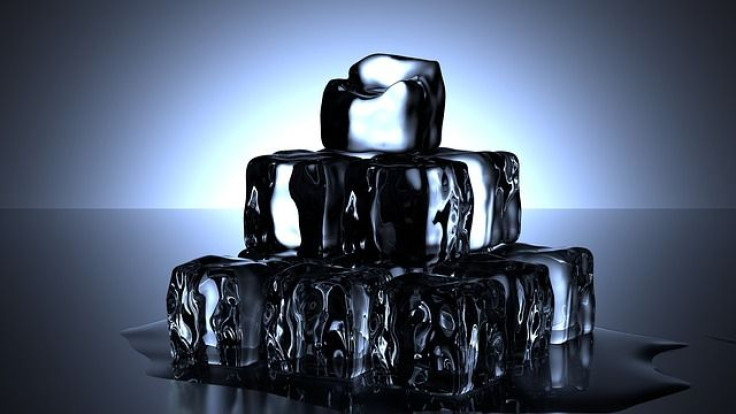FDA Warns Against Whole Body Cryotherapy, Finds No Proof It Really Works

The Food and Drug Administration (FDA) is taking a hard stance against a controversial treatment advocated by the likes of Lebron James that subjects patients to excessively cold temperatures for a brief time: Whole Body Cryotherapy (WBC).
The agency released a consumer report on Tuesday, warning the general public to stay skeptical of claims made about it. Though the therapy is most often recommended as an effective, drug-free pain relief that can help athletes recover faster from a workout, it’s also been touted as a health aid for a myriad of conditions, including rheumatoid arthritis, weight loss, and even cancer. Unsurprisingly, the FDA isn’t too impressed by these assertions. Or by WBC in general.
“Given a growing interest from consumers in whole body cryotherapy, the FDA has informally reviewed the medical literature available on this subject,” said Dr. Aron Yustein, an officer of the FDA’s Center for Devices and Radiological Health, in the report. “We found very little evidence about its safety or effectiveness in treating the conditions for which it is being promoted.”
As Medical Daily’s Justin Caba has previously attested, whole body cryotherapy certainly feels like it’s doing something. Dunked in a liquid nitrogen tank this past fall that lowered the surrounding temperature to minus 280 degrees Fahrenheit for two minutes, Caba reported a variety of bodily effects.
“My heart rate accelerated — the body’s normal response to cold temperatures — and the achy soreness from yesterday’s workout subsided,” he wrote at the time. “Past the surface of my skin that the cold was hitting, something was going on with my blood vessels that were clearly not visible to the naked eye. My body was forcing blood vessels to constrict in order to keep up a healthy distribution of heat.”
Unfortunately, and as Caba himself noted, it’s entirely possible that his positive experience could have been chalked up to the placebo effect rather than to any lasting physiological changes from the therapy. According to the FDA, there’s little we even understand about what exactly happens to someone while or after they’re in a cryotherapy device.
“We simply don’t know,” said Dr Anna Ghambaryan, one of the agency’s scientific reviewers. “At this time, there’s insufficient publicly available information to help us answer these questions.”
Meanwhile, there is plenty of evidence for the therapy’s possible dangers.
“Potential hazards include asphyxiation, especially when liquid nitrogen is used for cooling,” added Ghambaryan. “The addition of nitrogen vapors to a closed room lowers the amount of oxygen in the room and can result in hypoxia, or oxygen deficiency, which could lead the user to lose consciousness. Moreover, subjects run the risk of frostbite, burns, and eye injury from the extreme temperatures.”
Last September, researchers reviewed the best available evidence for cryotherapy’s effect on muscle soreness. They similarly found there wasn’t definitive proof that it either reduced or prevented the self-reported muscle soreness of test subjects or improved how quickly they recovered after exercise. Importantly, according to the authors, even these clinical trials of cryotherapy were littered with flaws that would make any conclusions hard to take seriously.
Other research looking at cryotherapy’s low-tech counterpart, the old-fashioned ice bath, has also come up empty. An August 2015 study of 21 athletes from the Queensland University of Technology actually found that ice baths impaired their ability to build muscle following strength training when compared to a standard warm-down exercise. “Individuals who use strength training to improve athletic performance, recover from injury or maintain their health should therefore reconsider whether to use cold water immersion as an adjuvant to their training,” they concluded.
The FDA doesn’t go as far as to expressly warn consumers from avoiding cryotherapy totally; instead, it’s advising people to consult with their doctors before taking any plunge. But they are making it clear that the therapy hasn’t come close to earning their seal of approval.
“Based on purported health benefits seen in many promotions for cryotherapy spas, consumers may incorrectly believe that the FDA has cleared or approved WBC devices as safe and effective to treat medical conditions,” said Yustein. “That is not the case.”



























